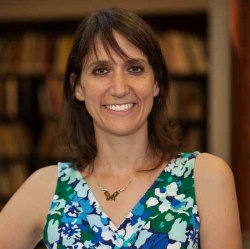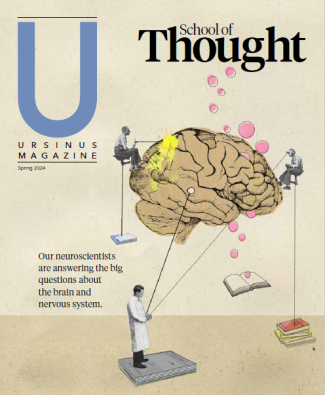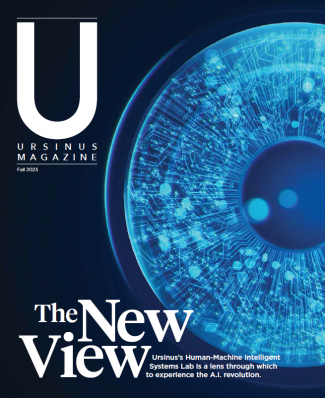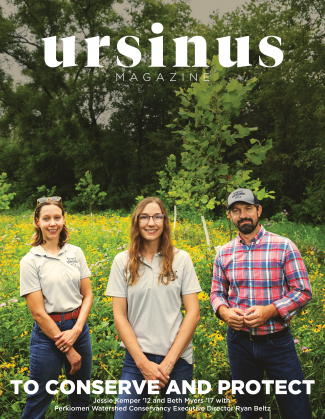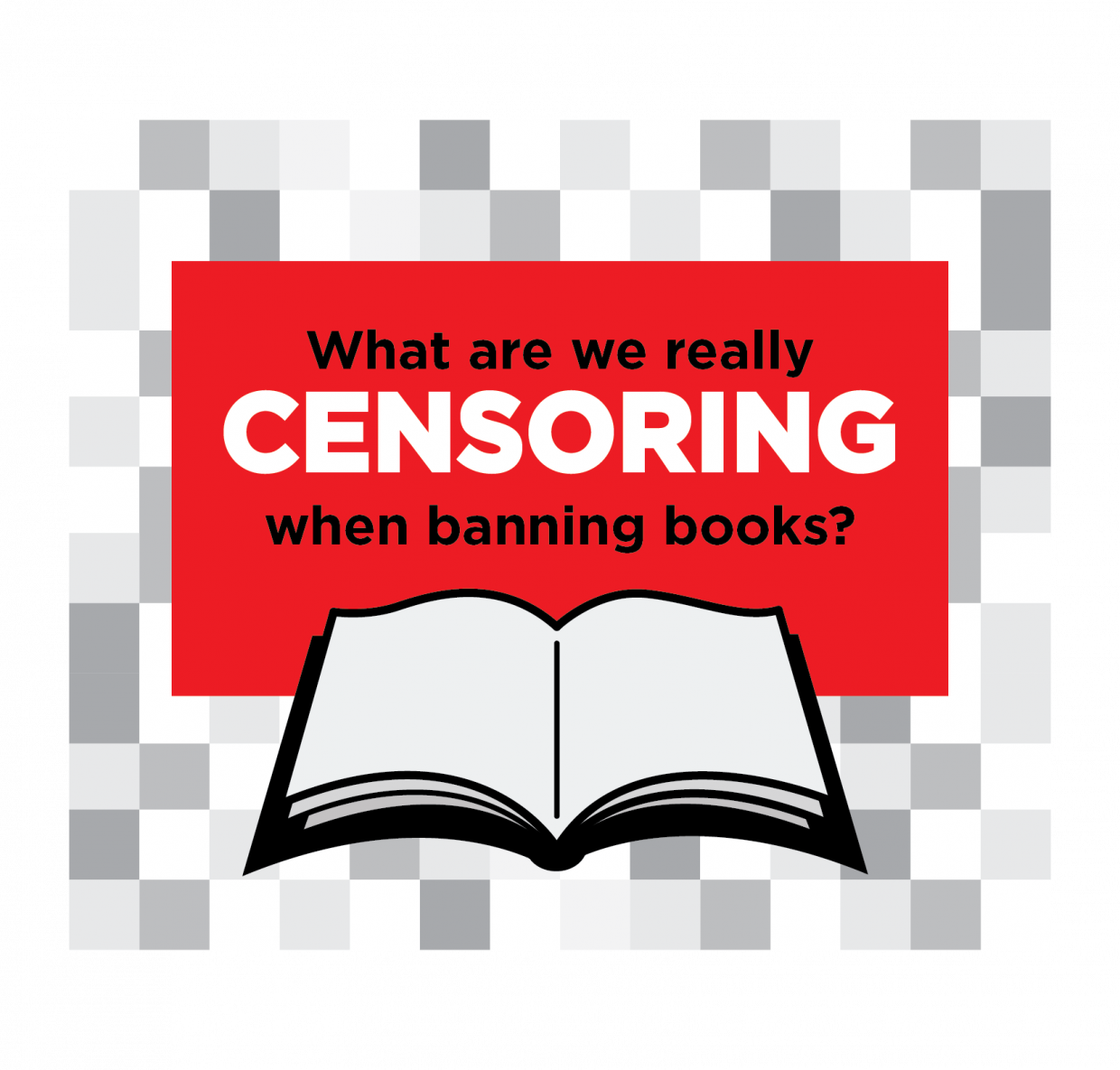
What are we really censoring when banning books?
The censorship of books in schools is again making waves across the country, but when you look at what gets challenged and what’s on these lists, you can see the trends and make some inferences as to what is really threatening for those who want to remove certain stories from libraries and schools.
In America, we aren’t dealing with wholesale governmental censorship that restricts what can be published or removes texts from circulation (like in apartheid-era South Africa), though what is going on in places like Florida and Tennessee is worrisome. The conversations are always about what’s OK for “the children.” In a class I teach, we talked a lot about whether children are “innocents to be protected and shielded” or “young people with many experiences who need to be guided, educated, and given access to many different stories and ideas” as they make their way towards adulthood in this complicated and ever-changing society. Those who would challenge, or censor, tend to think about children in the first way, which does a disservice to young people, who from the minute they are born are experiencing the world and the people in it.
People can sometimes recognize themselves in narratives that are being challenged and banned right now, but it is equally important that people who have never had the experiences of the characters they are reading about can gain insight into what others’ lives are like. That is what the best literature gives us: an ability to get as close as we can to understanding what it is to be someone else and to consider ideas and ways of thinking that may never have occurred to us.
And that ability is what helps us in our day-to-day lives be able to talk to each other and recognize each other as humans with real differences and different experiences and different ways of thinking. Which, I think, makes us into better adults, and allows us to listen to each other and have real empathy one another.
There have always been parents who have challenged books in a curriculum or library out of a genuine concern for their local community, based on their own or their children’s experiences with a particular book. But what is worrisome to me is that many book challenges and removals are brought by political groups, and this has the effect of sowing mistrust among community members about the expertise of teachers, librarians, and school administrators.
It is well known that there is a conservative movement for “school choice,” or what I would refer to as the “privatization of education.” The denigration of public schools by labeling them as “failing” or “unsafe” works towards that end. Likewise, the denigration of teachers’ and librarians’ knowledge and expertise by demanding removals of materials from a curriculum or a library based on lists produced by national organizations, coupled with accusations that educators are harming children by giving them access to these materials, works towards that end too. This mistrust of people working in public education and public libraries is not all that far from the mistrust that some felt in the experts leading the country through the COVID-19 pandemic.
The widespread dissemination of factually incorrect information during the pandemic points to another aspect of the problems with the current culture of book challenges and removals. In my view, it is more important than ever that students learn how to critically think about the glut of information with which they are inundated daily. In the classroom, they are guided in their intellectual development by teachers to be discerning about information and ideas they encounter. Misguidedly trying to remove works of literature, history, sociology, and more that may be challenging, uncomfortable and even unpleasant to read—texts that have been selected by experts as being good for fostering critical thinking, reflection, and conversation—will put students at a disadvantage when they graduate from high school and go on to do other things.
If they take the path to college, they will certainly be less prepared than peers who don’t face this type of limitation in their K-12 years on their ability to learn. They will be less able to consider differing viewpoints, face the challenges of thoughtfully confronting conflicting information, figure out truth from falsehood, write well-argued essays and papers, and more. They will have more trouble succeeding in college and thus, likely, after college as well.
Young people must learn to consider many sides of an issue, problem, or idea and then chart a path in the world that benefits both themselves as an individual and the community.
